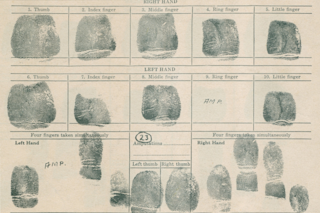On occasion I get queries about what distinguishes people with science backgrounds from those who don't have science backgrounds. I think an anecdote might illustrate the type of difference one is expecting. Back in undergrad I was having lunch with my lab partner, when a friend saw us and decided to chat with us as we ate. This friend is now an academic, and has a doctorate in a humanistic field (something like Comparative Literature, I forget). In any case, she had read something about transgenic organisms, and obviously felt as if it was the time and place to go on a rant about this. She knew that I was totally comfortable with the idea of transgenic organisms, but she recounted the fish-genes-in-tomato patent story to my lab partner to illustrate how gross the outcome could be. My lab partner was a pre-med math major, and she just shrugged and ...
Does majoring in science make a difference?
Explore how individuals with science backgrounds differ from non-scientists, including insights on transgenic organisms and societal perceptions.
More on Discover
Stay Curious
SubscribeTo The Magazine
Save up to 40% off the cover price when you subscribe to Discover magazine.
Subscribe












